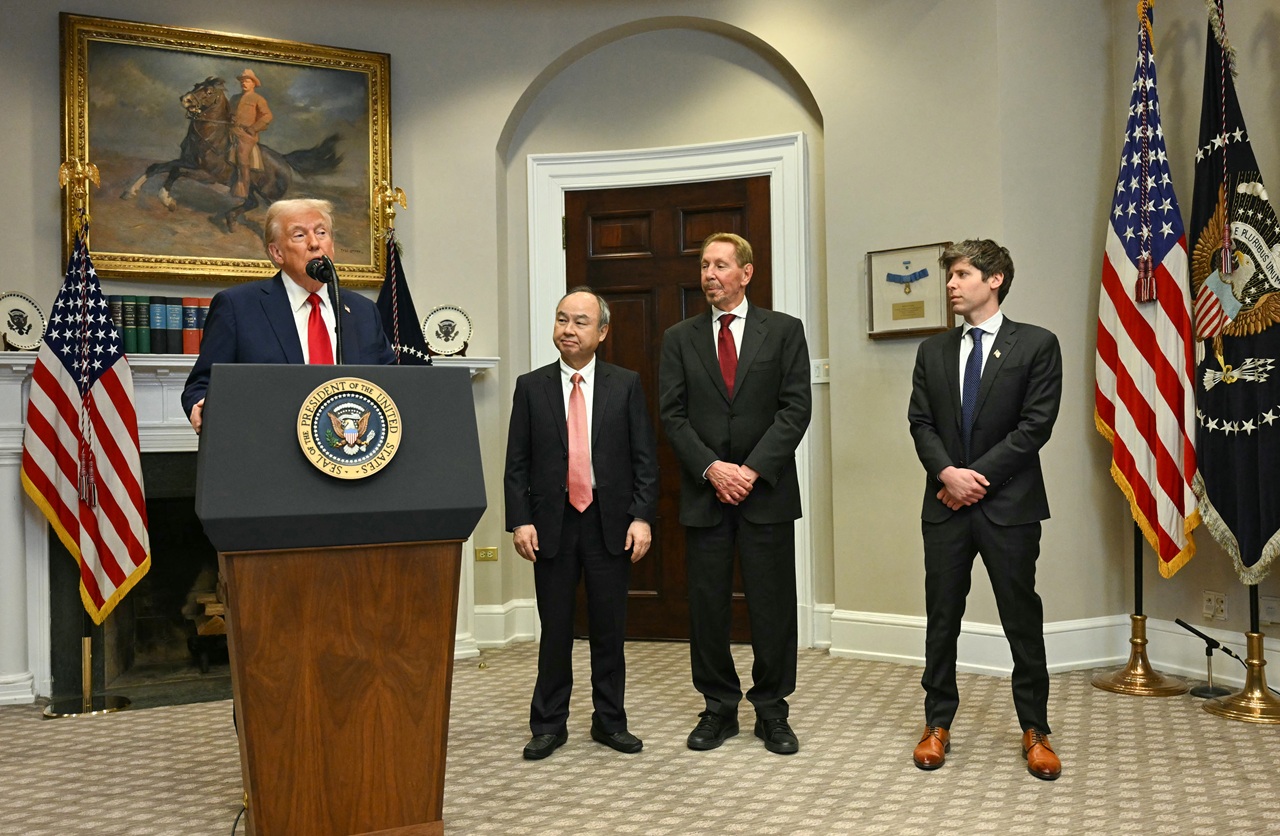
Nvidia and DeepSeek: the new war between China and the U.S. over AI
A new AI disruption from China sent U.S. companies and authorities into a tizzy. Here's the story.
Artificial intelligence has become the new battleground in the technological rivalry between the United States and China. The recent virality of the DeepSeek app, developed in China, has generated tensions affecting both technology companies and the governments of both countries. This situation is reminiscent of the impact TikTok had on the national security debate in the United States, but on a potentially larger scale due to the strategic implications of artificial intelligence.
DeepSeek is an artificial intelligence application that offers advanced data analytics, content generation and business process automation capabilities. Within weeks, the app reached millions of downloads worldwide, including in the United States, raising concerns in the U.S. government about China's access to sensitive data and the control it could exert over critical sectors.
The launch of DeepSeek also had immediate repercussions on the stock market. Shares of U.S. technology companies, including Nvidia, Microsoft and Alphabet, experienced declines following the announcement of the application. This reflects investors' fears that Chinese competition could displace U.S. companies in the development and commercialization of artificial intelligence solutions.
In the face of DeepSeek's success, the U.S. government has intensified restrictions on exports of advanced technologies to China. These measures seek to limit Chinese companies' access to high-performance processors, such as those manufactured by Nvidia, which are essential for training artificial intelligence models.
In addition, U.S. lawmakers have raised the possibility of tighter regulation of artificial intelligence applications developed in China. Some are proposing measures similar to those implemented against TikTok, such as bans on government devices or more stringent national security assessments.
Nvidia and global competition
Nvidia, as a leading developer of hardware for artificial intelligence, plays a key role in this dispute. The US company has experienced significant growth in recent years thanks to the demand for its graphics processing units (GPUs) in sectors such as artificial intelligence, video games and data centers. However, competition with Chinese companies and restrictions imposed by the U.S. government could impact its positioning in the global market.
China, for its part, is investing heavily in the development of its own technologies to reduce its dependence on foreign suppliers such as Nvidia. This includes initiatives to manufacture advanced semiconductors and train artificial intelligence models in domestic infrastructure.
RELATED CONTENT
The emergence of apps such as DeepSeek has reignited the debate over technological sovereignty and data security. U.S. officials fear that China could use these platforms to collect information on U.S. citizens and companies, which could pose a threat to national security.
On the other hand, the Chinese government has accused the U.S. of trying to slow its technological development through sanctions and trade restrictions. This conflict reflects the growing mistrust between the two powers and underscores the strategic importance of artificial intelligence in geopolitical competition.
The U.S.-China rivalry in artificial intelligence could have significant implications for the rest of the world. Some analysts warn that this technological fragmentation could hinder international collaboration in areas such as the ethical regulation of artificial intelligence and the development of global standards.
Meanwhile, companies and technology users in other countries face the challenge of navigating an increasingly polarized market. The choice of technologies developed in the United States or China could depend not only on technical and economic factors, but also on political and security considerations.
The emergence of DeepSeek marks a new chapter in the technology war between the United States and China. This confrontation underscores the strategic importance of artificial intelligence and raises questions about the future of international collaboration in a context of increasing competition. As the two powers seek to consolidate their leadership, the rest of the world is watching these tensions redefine the global technology landscape.











LEAVE A COMMENT: